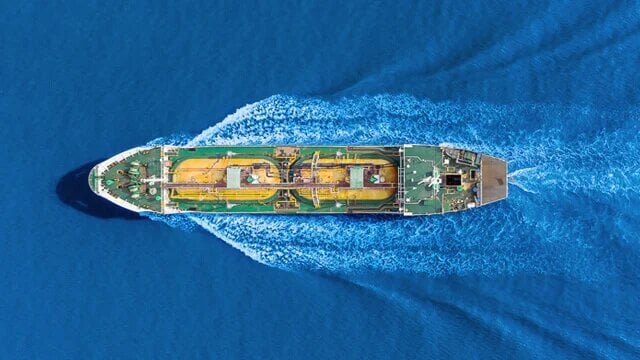Company: Alfa Laval, NRG Marine
Business Type: Marine Services

The acquisition aims to leverage the increased use of innovative ultrasonic anti-fouling technology, which is poised to increase in demand across significant industries.
Alfa Laval, based in Lund, Sweden, provides services for the marine industry from optimising energy efficiency to navigating the fuel shift and environmental regulations, offering solutions for a wide range of applications and fuel types.
It helps ship owners and operators secure confident compliance with marine legislation, both through dedicated compliance technologies and by supporting the move to new fuels like marine biofuels, LNG, methanol and ammonia.
Sameer Kalra, President of the Marine Division at Alfa Laval, said:
“In the race to Net Zero, solutions that enhance energy efficiency and operational performance are more essential than ever. The inclusion of ultrasonic anti-fouling technology into our portfolio is another addition to our decarbonization toolbox.
“By addressing the critical problem of biofouling with this advanced technique, we will enable our customers to meet both business and environmental objectives.”
NRG Marine, with its HQ in Coventry, UK, and offices in the UAE, was launched in 2006 with the aim of developing an environmentally friendly anti-fouling technology against a backdrop of increasingly stringent legislation governing the use of poisonous biocides in marine coatings.
NRG Marine’s technology uses ultrasonic microscopic bubbles to cause agitation to reduce fouling and hamper the rebuild of new deposits. This effective and proven method reduces biofouling, scaling, sludge and deposits on critical components, with significant operational and environmental benefits for marine, oil and gas, and other industrial markets.
Its Sonihull ultrasonic anti-fouling system is a complete range of fit-and-forget solutions for any solid surface that is exposed to raw seawater. A low maintenance solution with zero poisonous environmental legacy, it protects surfaces including hulls, propellers, waterjets, tanks, pipework, intakes and valves.
Sonihull systems produce multiple bursts of ultrasonic energy in a range of targeted pulse frequencies, which are transmitted through the material that the transducer is attached to. The ultrasound produces a pattern of increasing and decreasing pressure on the surface of the material.
The acquisition, due to be completed during Q2 2025, enables Alfa Laval to extend its portfolio to innovative new technologies. Ultrasonic anti-fouling has many advantages compared to other technologies as it is considered more sustainable and in line with expected future legislation – something which is growing in importance for Alfa Laval’s customer segments.
Comments
No comment yet.